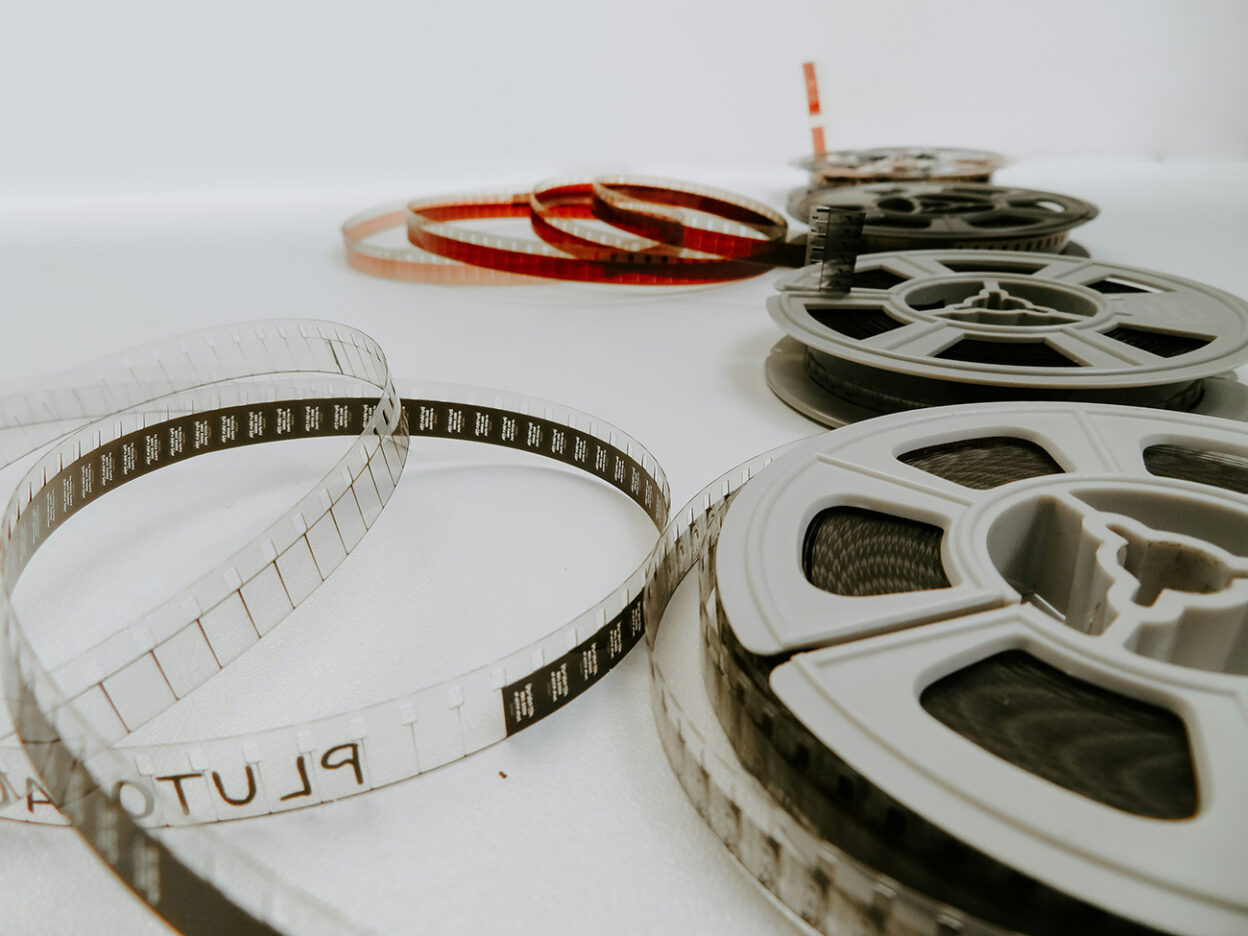For anyone working in online gaming or casino-themed content, sound is half the experience. You can have the sharpest graphics in the world, but without the right audio cues, something feels… empty.
The familiar rattle of a roulette ball, the crisp shuffle of cards, or the rush of coins after a big spin can pull a player into the moment faster than any cutscene. Still, (saying that for sure!) there’s one thing that can kill that magic—using audio you don’t have the rights to.
It’s easy to think sound effects are just floating around the internet for free. In reality, many are carefully crafted, protected works, owned by someone who put time and skill into making them. This is especially true for the jackpot sound effects that developers use to get players’ hearts racing. These aren’t just background noise—they’re part of a brand’s identity, and sometimes even trademarked.

Why You Can’t Just “Grab and Go”
Here’s the short version: audio works just like any other creative property. Imagine designing a unique slot machine animation, only to find it copied into another game without permission. The same applies to sounds. Casinos—both physical and digital—often hire sound designers to create audio profiles for their games. From the volume of a coin drop to the pitch of a win jingle, these are deliberate creative choices.
And when you think about it, protecting that work makes sense. The emotional pull of a winning sound is a big reason players keep spinning. It’s not just noise—it’s psychology.
Understanding the Different Licenses
If you want to do things right, you need to know what the labels on sound libraries actually mean.
Public Domain
No strings attached; use it however you want. Great when you can find it, but rare for high-quality casino sounds.
Creative Commons (CC)
Free to use in some cases, but rules vary. Some versions require you to give credit; others ban commercial use entirely.
Royalty-Free
Pay once, use it forever. Probably the most practical option for indie game developers.
Rights-Managed
More restrictive. You might only be able to use it for a certain period or on specific platforms.
Where to Get Sounds Without Getting Burned
1. Reputable Audio Libraries
Websites like Jackpot Sounds, Soundsnap, and AudioJungle specialize in high-quality, royalty-free casino audio. You pay once, and you can use the files within the terms of the license.
2. Free Archives (With Super-Mega-Extra Caution)
Places like Freesound.org or BBC’s Sound Effects library have free options, but you have to read the fine print. A lot of “free” sounds come with usage rules.
3. Game Development Marketplaces
Unity Asset Store and Unreal Engine Marketplace often have slot machine and casino packs ready to drop into your project.
4. Make Your Own or Hire a Pro
Recording your own card shuffles or roulette spins gives you full control. Or, bring in a freelance sound designer for a completely unique audio signature.
How to Use Sounds Without Stepping Over the Line
- Document Everything – Keep a folder with licenses, receipts, and download info. If anyone questions your rights, you’ve got proof.
- Credit the Creator – Even if you’re not required to, it’s good form—and keeps the community healthy.
- Tweak When You Can – Change pitch, add effects, or trim audio to make it fit your project better.
- Don’t Overload the Player – Save your loud, celebratory effects for actual big wins so they keep their impact.
Mistakes People Keep Making
- Pulling audio straight from YouTube clips. That’s almost always a rights violation.
- Assuming that if it’s on Google, it’s fair game. Many “free” sound libraries actually host copyrighted files uploaded without permission.
- Forgetting that rights vary across countries. What’s legal in one place might be restricted elsewhere.
Why Sound Quality Is Worth Paying For
Legal rights aside, there’s no point in building an engaging game if your audio sounds like it was recorded on a phone from 2005. A poor-quality spin or win sound can make an otherwise polished game feel cheap.
Look for WAV files or high-bitrate MP3s and test them with your background music—what works solo might clash in-game.
A good casino soundscape feels layered: background chatter, soft machine hums, distant clinks, and, when the moment comes, a clean, satisfying jackpot hit. That’s not something you get by cobbling together random clips from the internet.
Final Thoughts
Casino sound effects might be short, but they carry a lot of weight. They keep players engaged, tell them what’s happening in the game without words, and in some cases, become as recognizable as the visuals.
Getting them legally is not just about avoiding trouble—it’s about respecting the craft that goes into making those moments.
When you put in the effort to source, license, and integrate audio properly, you’re not just covering yourself legally—you’re building trust with your players. And that trust is worth more than any shortcut.


Be the first to comment